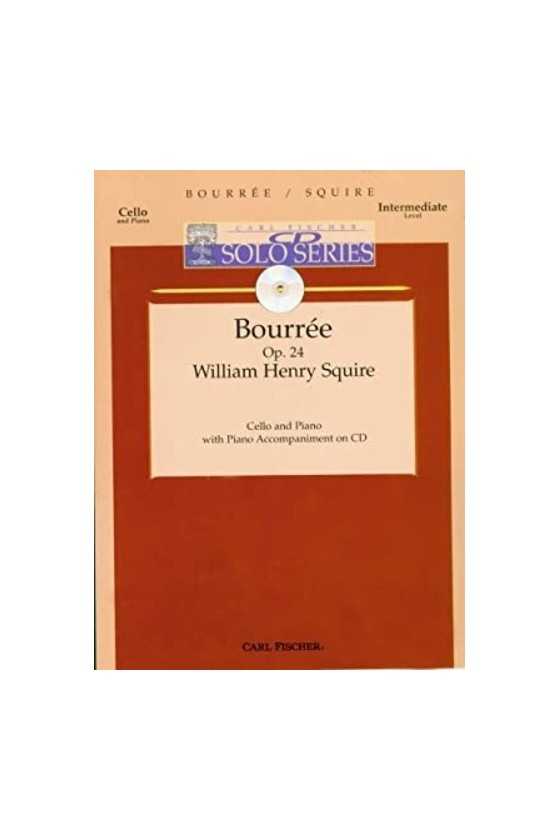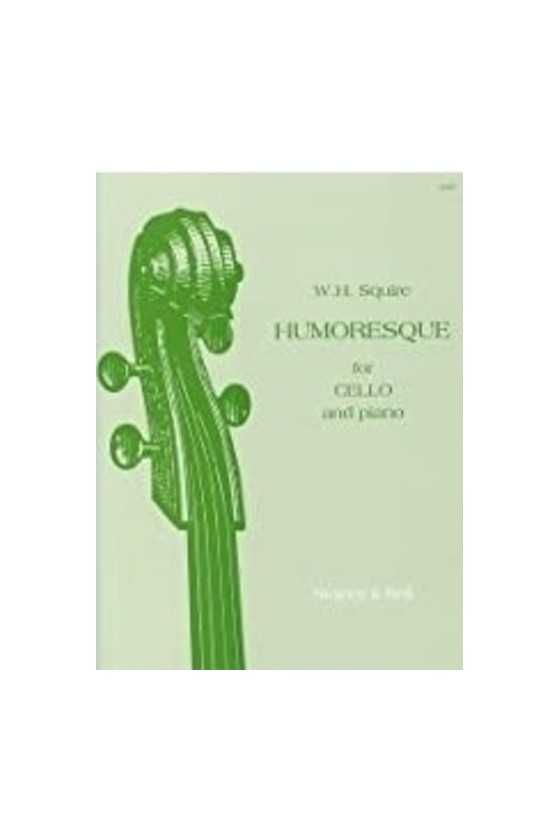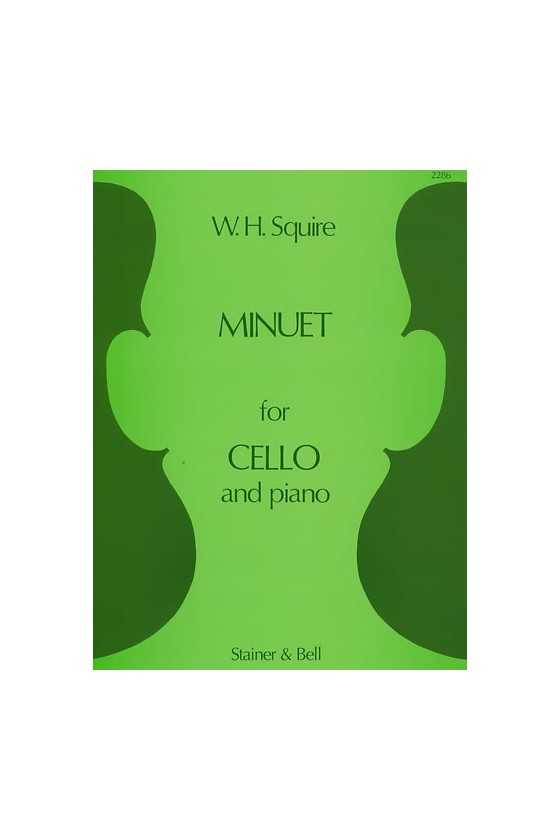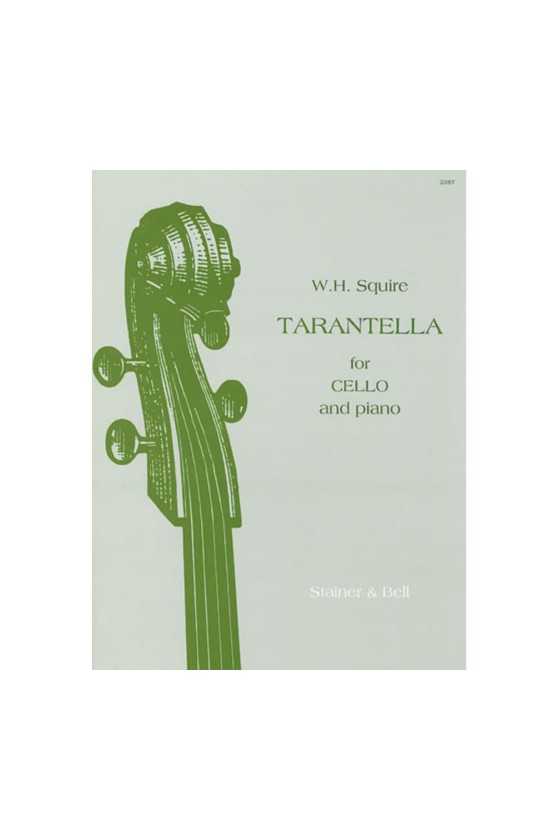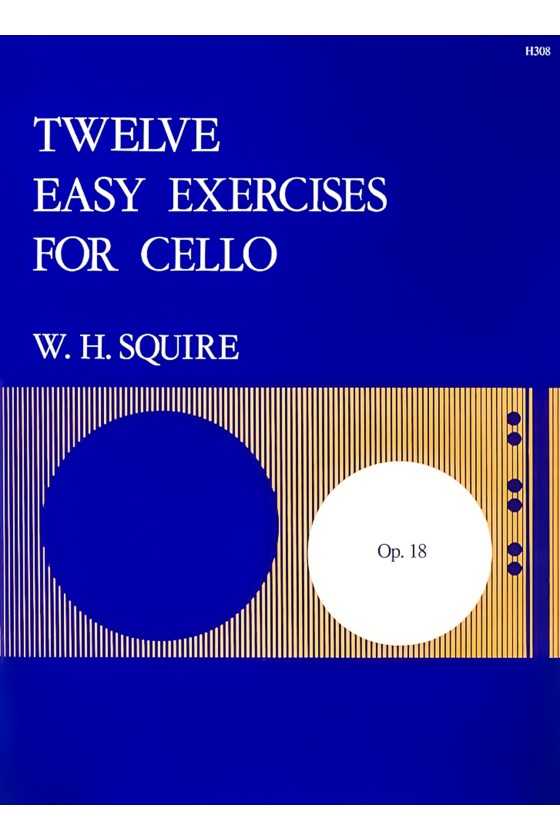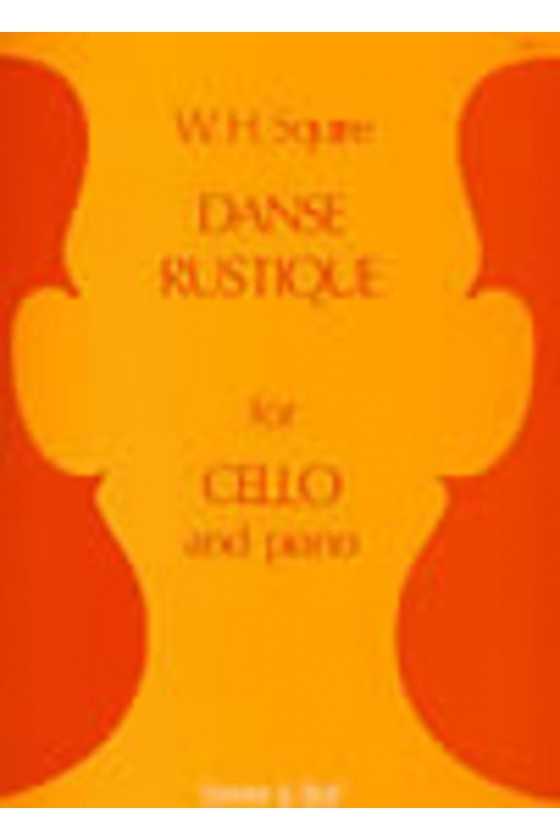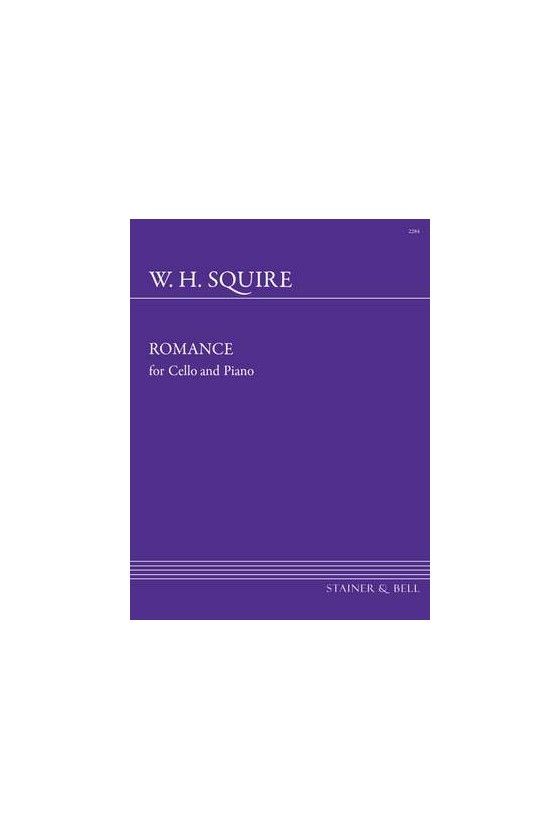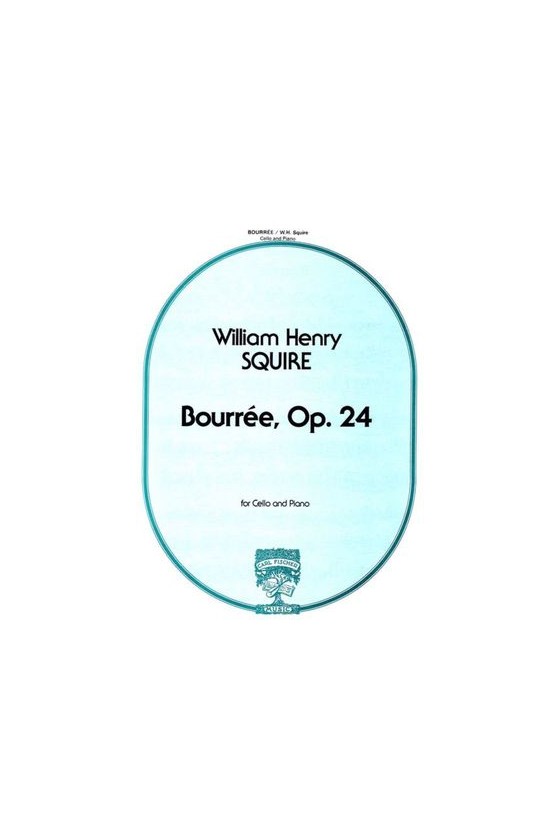Squire, William Henry
William Henry Squire (8 August 1871 – 17 March 1963) was a remarkable British cellist, composer, and music educator who left an indelible mark on the late 19th and early 20th-century music scene. He dedicated his life to the cello, both as a performer and as a champion of the instrument's solo capabilities. In this article, we delve into the life and legacy of William Henry Squire, exploring his early years, his contributions to the cello repertoire, and his enduring impact on the music world.
Early Life and Education
Born on August 8, 1871, William Henry Squire discovered his passion for music at a young age. He embarked on his musical journey at the prestigious Royal College of Music, where he honed his skills as a cellist. Under the tutelage of esteemed professors, Squire quickly distinguished himself as a prodigious talent, captivating audiences with his expressive and virtuosic playing.
Rise to Prominence
Squire's exceptional talent paved the way for him to become a prominent figure in the London music scene. He secured positions as the principal cellist in several prestigious orchestras, where his remarkable skills and musicality were widely recognized. This period marked the beginning of Squire's mission to elevate the cello as a solo instrument, a path that would define his career.
Championing the Cello as a Solo Instrument
In the early 20th century, the cello was primarily viewed as an ensemble instrument, seldom taking the spotlight in solo performances. William Henry Squire sought to change this perception by actively promoting the cello as a solo instrument. He accomplished this through various avenues, including public concerts and groundbreaking recordings.
Squire's pioneering efforts breathed new life into the cello repertoire, inspiring composers to write specifically for the instrument. His collaborations with renowned composers further cemented his status as a trailblazer. One such collaboration was with the esteemed French composer Gabriel Fauré, who dedicated his enchanting cello work, Sicilienne, to Squire in 1898.
Contributions to the Cello Repertoire
Beyond his trailblazing advocacy for the cello, Squire also made significant contributions to the cello repertoire through his original compositions. His works primarily focused on the cello, encompassing a diverse range of solo pieces and a captivating cello concerto.
Squire's compositions were characterized by their light and lyrical nature, often displaying his virtuosic command of the instrument. His compositions showcased his deep understanding of the cello's capabilities and pushed the boundaries of what was thought possible on the instrument.
Legacy and Influence
William Henry Squire's impact on the music world extends far beyond his performances and compositions. As a music educator, he shared his wealth of knowledge and expertise with aspiring cellists at the Royal College and Guildhall schools of music, shaping the next generation of musicians.
Squire's influence can still be felt today, as his compositions continue to be performed and celebrated by cellists around the world. His dedication to the cello as a solo instrument paved the way for countless cellists who followed in his footsteps, inspiring them to explore and expand the boundaries of the instrument.
Conclusion
William Henry Squire's legacy as a British cellist, composer, and music educator is a testament to his unwavering dedication to the cello. His pioneering efforts to elevate the cello as a solo instrument, coupled with his exceptional musicality and contributions to the cello repertoire, have left an indelible mark on the music world.
Squire's influence continues to resonate, inspiring cellists to push the boundaries of their craft. His legacy serves as a reminder of the power of individual artists to shape and redefine the trajectory of their respective fields.

Squire, Humoresque For Cello (Stainer And Bell)
Squire, Humoresque for Cello (Stainer and Bell)
Squire, Tarantella For Cello (Stainer And Bell)
Squire, Tarantella for Cello (Stainer and Bell)
Squire, 12 Easy Exercises For Cello (Stainer And Bell)
"12 Easy Exercises Op. 18" is William Henry Squire's softcover book for cello solo, strings, and methods. Published by Stainer & Bell Ltd., it is set for the Associated Board examination, Grades 3 & 4, and Trinity College examinations, Grade 5.
William Henry Squire was a British cellist, composer, and professor who popularized the cello as a solo instrument. His compositions were mainly for the cello, and he left behind a valuable collection of cello and piano works at a student level.

